Dear Reader, Russia’s war of aggression against Ukraine is clearly noticeable in many ways throughout Europe. The strongest impact (apart from the horrors of the war in Ukraine itself) is on energy. Germany, for example, triggered the “alarm stage” of
Read more
Energy problems? We will solve them!
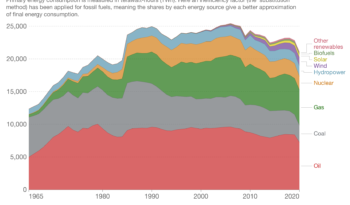
A matter of incentives: Why the EU is bad at military defence

If it is true that the European Union is a common living space, who would defend that habitat if attacked? A European Union army would be the obvious answer. But there is no such army. There are essentially two reasons
Read moreWhat’s the problem with rising prices?

Johannes Eber – The Pixel economist Inflation is back. After many years of low inflation rates, prices have recently risen in much of the world. The chart below shows the inflation rate of the G20 countries compared to the same
Read moreWhy the strong ruble serves Putin, not Russia

by Johannes Eber – The Pixel economist At the beginning of the war in Ukraine, the Russian currency ruble lost almost half its value compared to the US-Dollar. In the meantime, the ruble has almost completely made up for the
Read moreCan Europe survive without Russian gas and oil?

The numbers Oil and petroleum products 34.5% Natural gas 23.7% Renewables 17.4% Nuclear 12.7% Solid fossil fuels (mostly coal) 10.5% Other 1.2% EU Energy Mix (Source: Eurostat, beginning 2020) What’s striking is the strong presence of fossil fuels in the
Read moreGermany’s dangerous dependence on energy imports
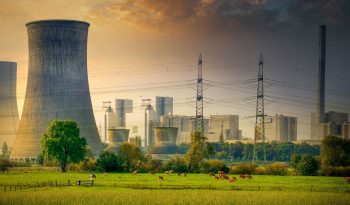
In Germany, the discussion has focused very much on what Germany no longer wants, namely electricity from nuclear power and electricity from coal-fired power. However, if Germany does not succeed in transforming their energy system in such a way that they can replace these power generation capacities with renewable energies, then this will lead to Germany importing precisely this electricity, i.e. nuclear power from their western neighbors and coal-fired power from their eastern neighbors.
The war in Ukraine highlights Germany’s dangerous dependence: Not only natural gas is imported from the east, but also oil and coal. Power plants, factories and domestic heating systems are threatened with standstill if supplies are cut off.
Read moreThe logic of sanctions – or: Why gas pipelines won’t decide the Ukraine conflict
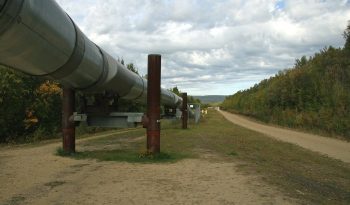
Much of the world wants to prevent Putin’s Russia from invading Ukraine. The means of prevention: setting the price, Putin would have to pay, as high as possible. The west has ruled out military means to inflate the price. For a good reason. The costs of a military conflict between Russia on the one hand and Europa and the USA on the other would be immense, not just for Putin.
Read moreGreenwashing of nuclear power and nuclear waste?
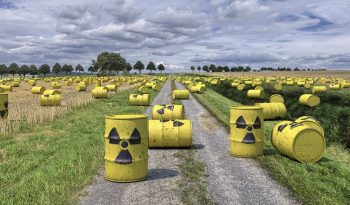
At the beginning of the use of nuclear energy 60 years ago, people dreamed of an infinite supply of cheap electricity. The little bit of nuclear waste that was produced could be shot into space or dumped in the sea. To date, tons of radioactive nuclear waste have accumulated, which must be stored safely and in some cases shielded from the biosphere for over a million years. Up until today, there is no suitable final respository for it anywhere in the world. Instead: The EU focuses on green-washing of nuclear power and nuclear waste.
Read moreDon’t set the price, set the rules!

Why higher taxes on meat and milk aren’t a good idea Johannes Eber – Good morning Europe blog There is an ongoing debate (in german) in Germany whether some food should become more expensive. The new German Minister of Agriculture,
Read moreA better plan: How to spend the money from the EU’s recovery plan
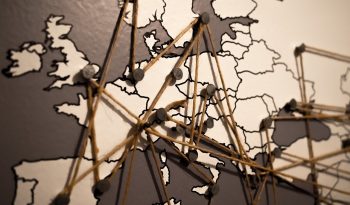
Which tasks do we need the European Union for? The short answer is: We need the European Union to produce those public goods that extend beyond the nation state Infrastructure can be such a good. If one country builds a cross-border railway line, its residents benefit from it. But not only theirs: the people in whose country the train route leads, benefit too. Though, since only the benefits of the building country’s population (voters) are regularly included in political decisions, too few cross-border train routes are built.
Read more